Anthropic’s new ‘Projects’ feature looks to supercharge team collaboration with Claude AI
Anthropic ‘Projects’ aims to embed Claude AI more firmly in your day-to-day workflow


Generative AI startup Anthropic has unveiled the launch of a new feature called Projects to embed its Claude AI more firmly into business workflows and deliver better responses by teaching it on corporate data.
Users can now organize their chats with Claude AI in Projects, which allows them to bring chat activities and outputs together and share them across teams.
According to Anthropic, the feature allows companies to feed their own corporate information into the model, in the form of style guides, codebases, or interview transcripts. This added context should mean Claude is able to provide better answers and responses across tasks “from writing emails like your marketing team to writing SQL queries like a data analyst”.
Projects are available on Claude.ai for Pro and Team customers and can be used with its latest large language model, Claude 3.5 Sonnet. Each project includes a 200,000 token context window to allow users to add relevant information, which Anthropic said is the equivalent of a 500-page book.
The idea here is to avoid the ‘cold start’ problem which is when AI systems don’t have enough data to make the right choices in a particular situation. By adding context like customer feedback or surveys, the AI ought to be able to deliver better outputs.
Data or chats shared within Projects will not be used to train its models without a user’s explicit consent, Anthropic said.
Users can also define custom instructions for each Project to further tailor Claude’s responses, such as asking for responses in a more formal tone or for the AI to answer questions from the perspective of a specific role or industry.
Sign up today and you will receive a free copy of our Future Focus 2025 report - the leading guidance on AI, cybersecurity and other IT challenges as per 700+ senior executives
Anthropic looks to ramp up coding capabilities
Earlier this week Anthropic unveiled Artifacts – a way of presenting the outputs from the AI like code or text. Users can ask Claude to generate content like code snippets, text documents, graphics, diagrams, or website designs, and these Artifacts appear in a window alongside your conversation.
“Artifacts especially enhance Claude’s coding capabilities for developers, offering a larger code window and live previews for frontends that streamline reviews,” Anthropic said.
Claude Team users can also share snapshots of their best conversations with Claude into a team’s shared project activity feed.
“Sharing work products that were co-created with Claude can improve innovation in areas like product development and research, where bringing together organizational knowledge from across the company can produce higher-quality outputs,” Anthropic said.
RELATED WHITEPAPER
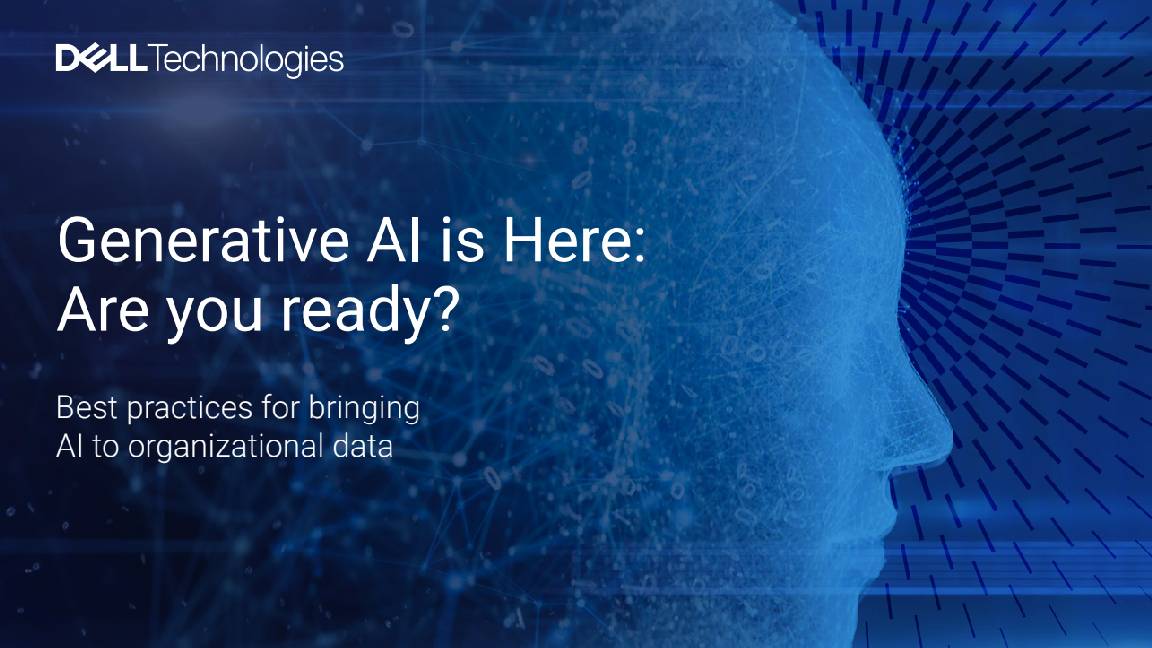
The company added it will expand the types of project knowledge users can bring to Claude in the coming months.
Anthropic also quoted a customer, consultancy North Highland, which has hundreds of employees across consulting, business development, and marketing using the Claude AI for jobs including writing proposals and analyzing complex documents like 10-Ks.
“The Claude Team plan is transforming our way of working at North Highland. Claude is a truly exceptional writer that has helped our team complete content creation and analysis tasks up to 5x faster than before — turning what was once two weeks of writing and research into minutes of work,” said Luka Anic, senior director of Technical AI Program and Product Manager at North Highland.
Anthropic’s move is the latest challenge to OpenAI
The idea behind Projects seems similar to the GPT Builder tool which is already offered by OpenAI. Similarly, the move appears to be a reflection of how the AI market is maturing – or at least evolving.
While the underlying LLMs continue to leapfrog each other on benchmarks, these don’t say a huge amount about the real-world usefulness of these tools.
Moves like this which aim to embed AI tools into the standard workflow of the business day might help to boost usage – if the tools themselves can prove to be consistently useful. And moving away from the obsession with abstract benchmarks towards day-to-day utility might help move AI beyond the hype.
For Anthropic, it’s also an interesting strategy because by focusing on collaboration it also risks going head-to-head with companies like Microsoft which not only has a strong position in the collaboration world with Teams but also a big stake on AI’s biggest star – OpenAI.
Steve Ranger is an award-winning reporter and editor who writes about technology and business. Previously he was the editorial director at ZDNET and the editor of silicon.com.
-
 Trump's AI executive order could leave US in a 'regulatory vacuum'
Trump's AI executive order could leave US in a 'regulatory vacuum'News Citing a "patchwork of 50 different regulatory regimes" and "ideological bias", President Trump wants rules to be set at a federal level
-
 TPUs: Google's home advantage
TPUs: Google's home advantageITPro Podcast How does TPU v7 stack up against Nvidia's latest chips – and can Google scale AI using only its own supply?
-
 OpenAI turns to red teamers to prevent malicious ChatGPT use as company warns future models could pose 'high' security risk
OpenAI turns to red teamers to prevent malicious ChatGPT use as company warns future models could pose 'high' security riskNews The ChatGPT maker wants to keep defenders ahead of attackers when it comes to AI security tools
-
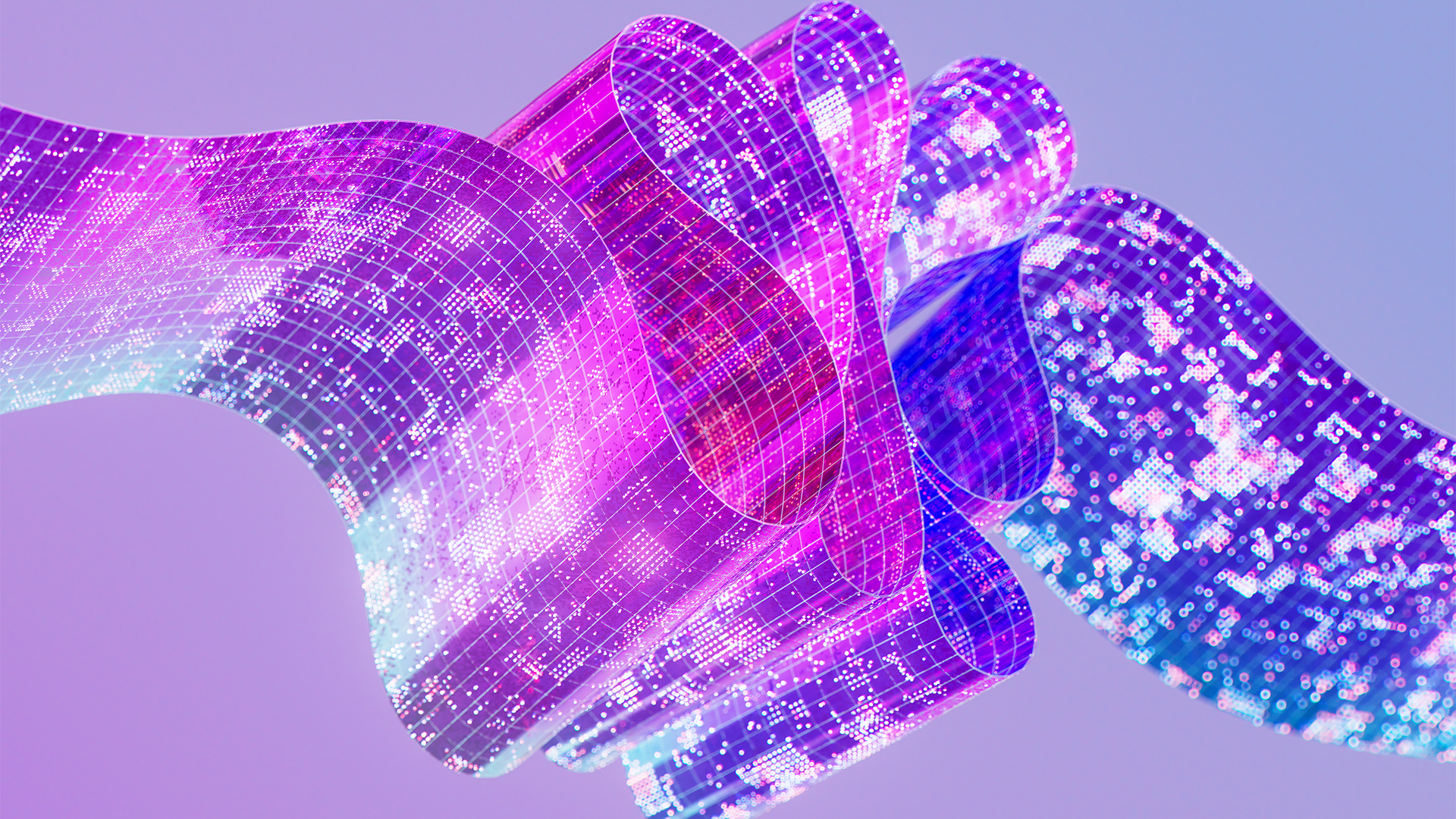 Some of the most popular open weight AI models show ‘profound susceptibility’ to jailbreak techniques
Some of the most popular open weight AI models show ‘profound susceptibility’ to jailbreak techniquesNews Open weight AI models from Meta, OpenAI, Google, and Mistral all showed serious flaws
-
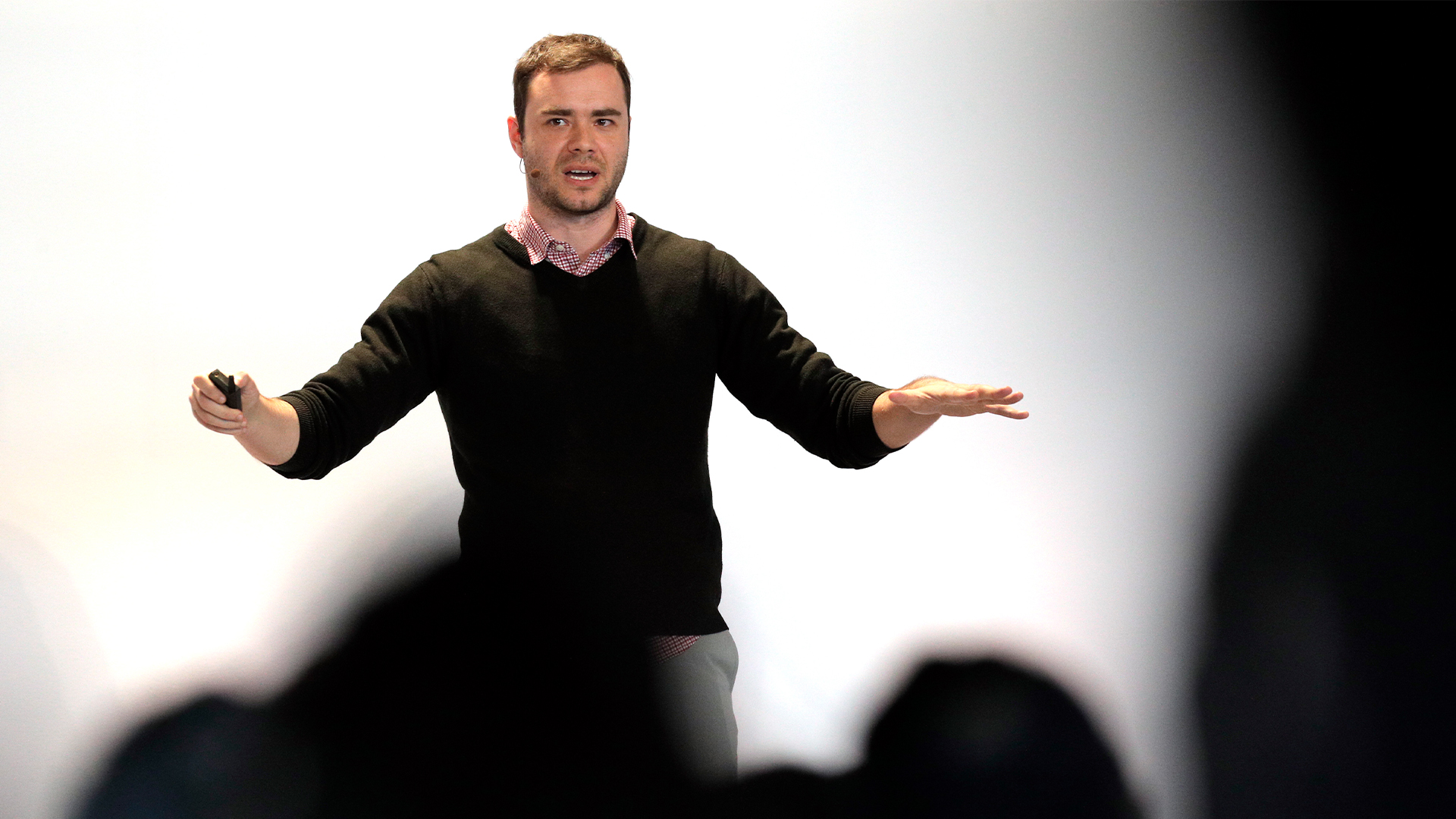 'It's slop': OpenAI co-founder Andrej Karpathy pours cold water on agentic AI hype – so your jobs are safe, at least for now
'It's slop': OpenAI co-founder Andrej Karpathy pours cold water on agentic AI hype – so your jobs are safe, at least for nowNews Despite the hype surrounding agentic AI, OpenAI co-founder Andrej Karpathy isn't convinced and says there's still a long way to go until the tech delivers real benefits.
-
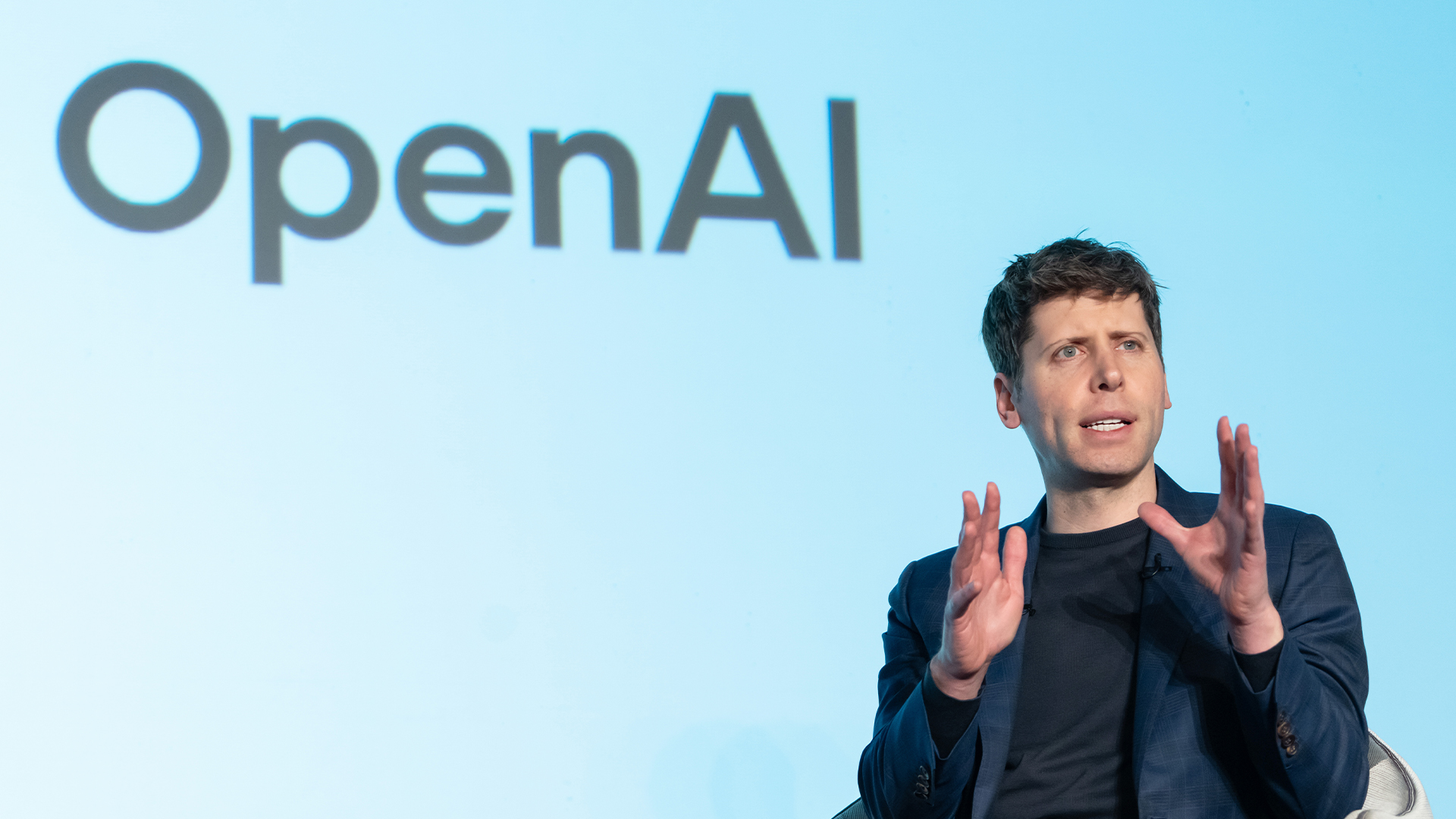 OpenAI signs another chip deal, this time with AMD
OpenAI signs another chip deal, this time with AMDnews AMD deal is worth billions, and follows a similar partnership with Nvidia last month
-
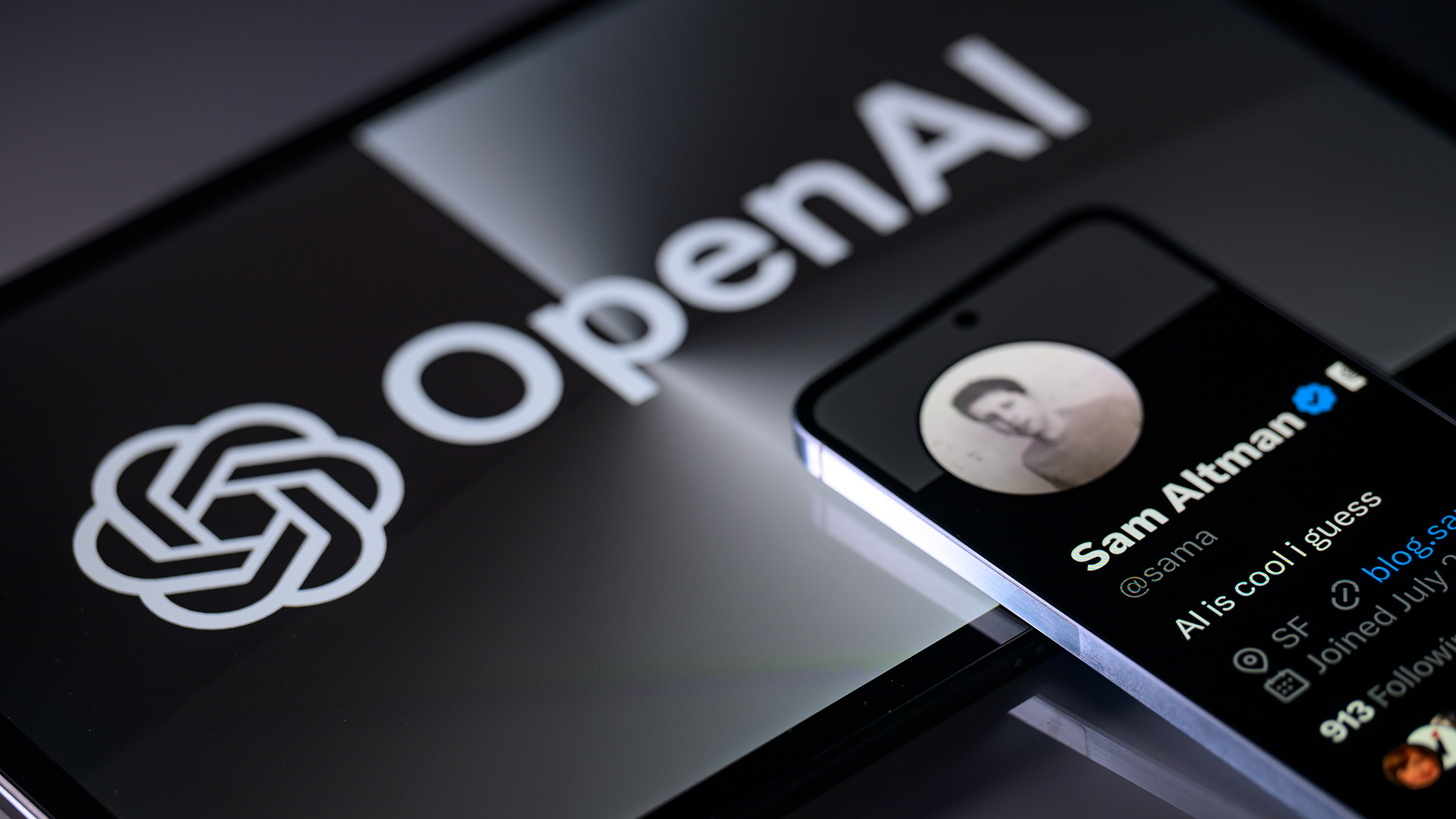 OpenAI signs series of AI data center deals with Samsung
OpenAI signs series of AI data center deals with SamsungNews As part of its Stargate initiative, the firm plans to ramp up its chip purchases and build new data centers in Korea
-
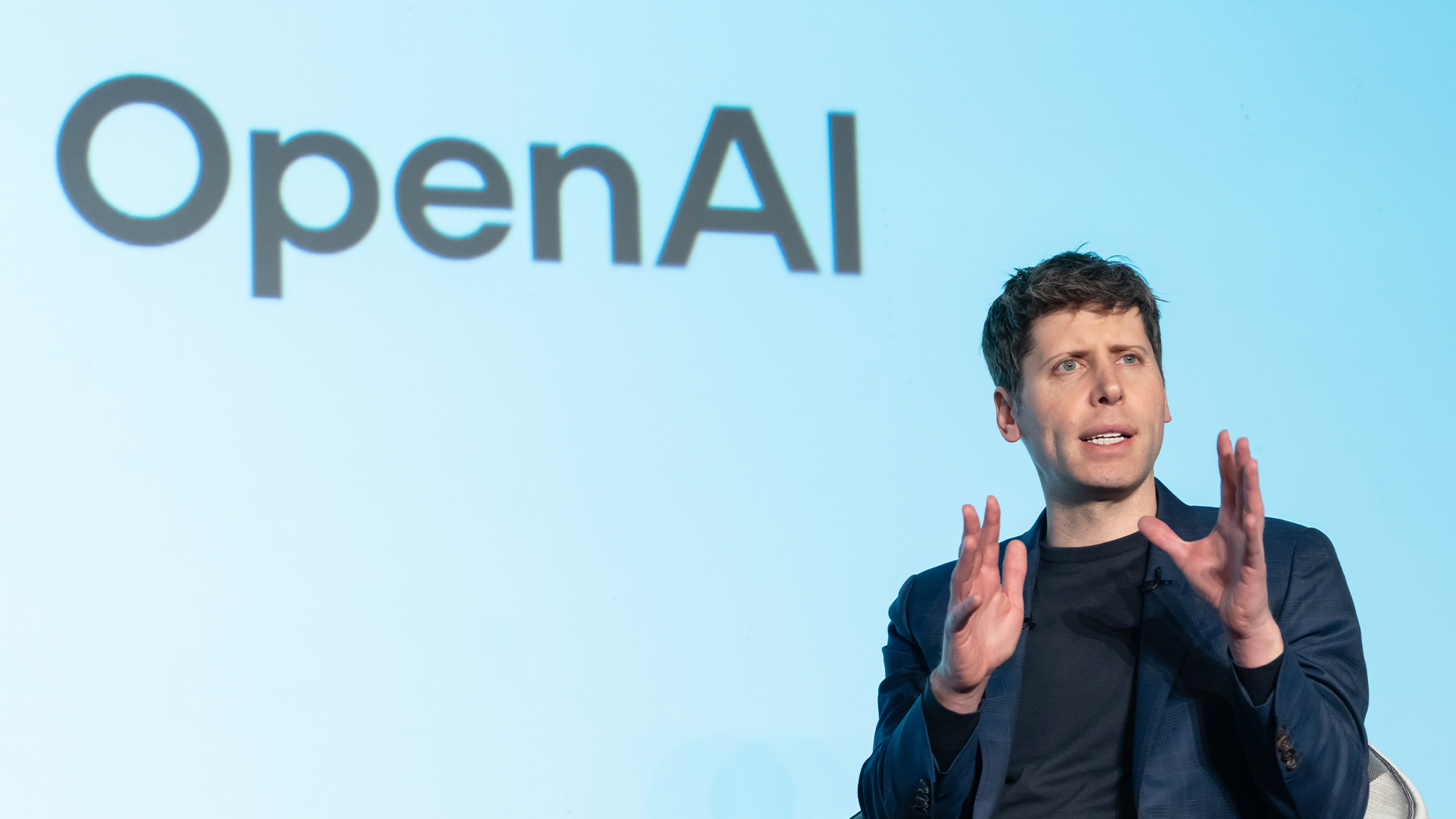 Why Nvidia’s $100 billion deal with OpenAI is a win-win for both companies
Why Nvidia’s $100 billion deal with OpenAI is a win-win for both companiesNews OpenAI will use Nvidia chips to build massive systems to train AI
-
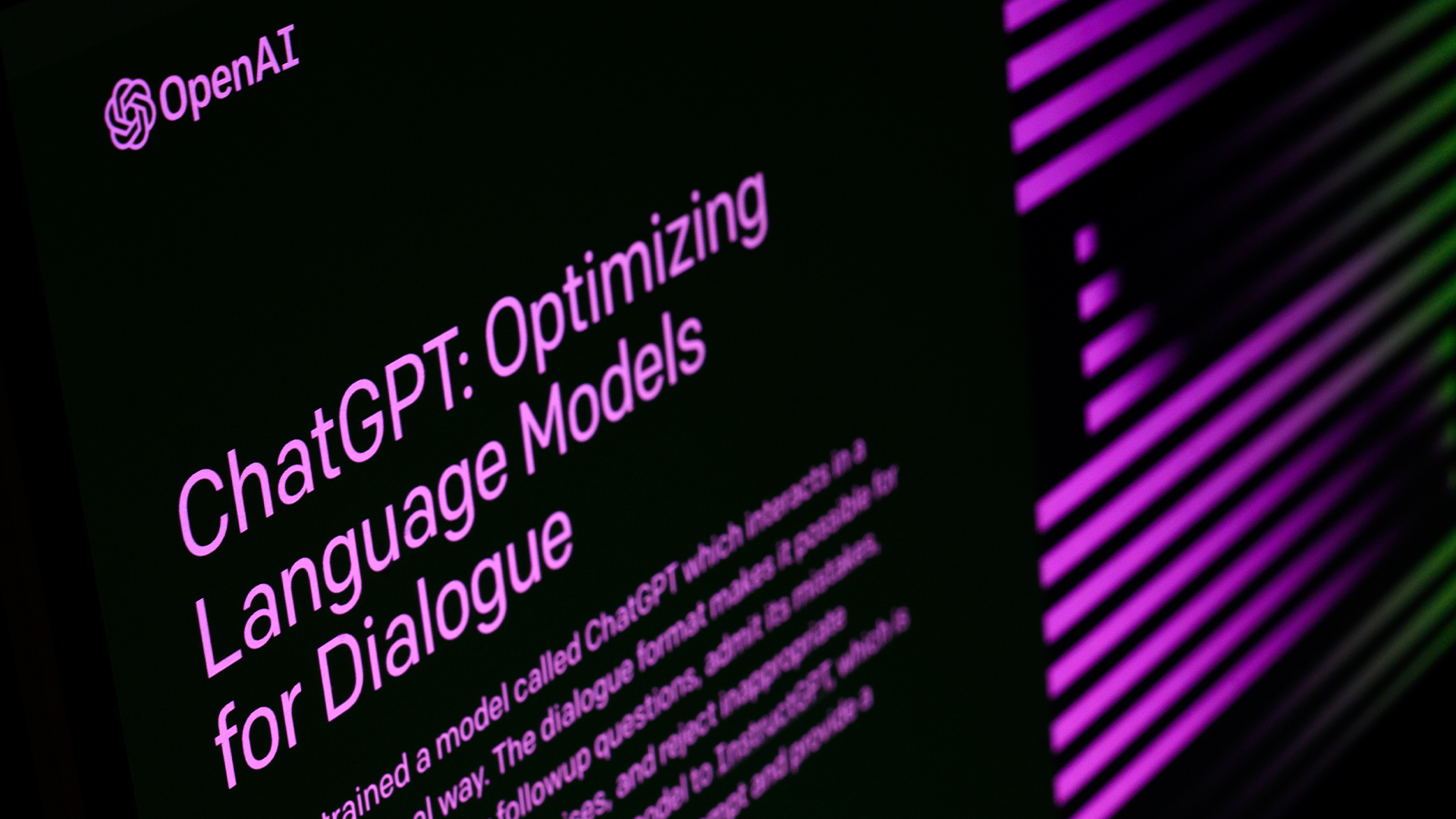 OpenAI just revealed what people really use ChatGPT for – and 70% of queries have nothing to do with work
OpenAI just revealed what people really use ChatGPT for – and 70% of queries have nothing to do with workNews More than 70% of ChatGPT queries have nothing to do with work, but are personal questions or requests for help with writing.
-
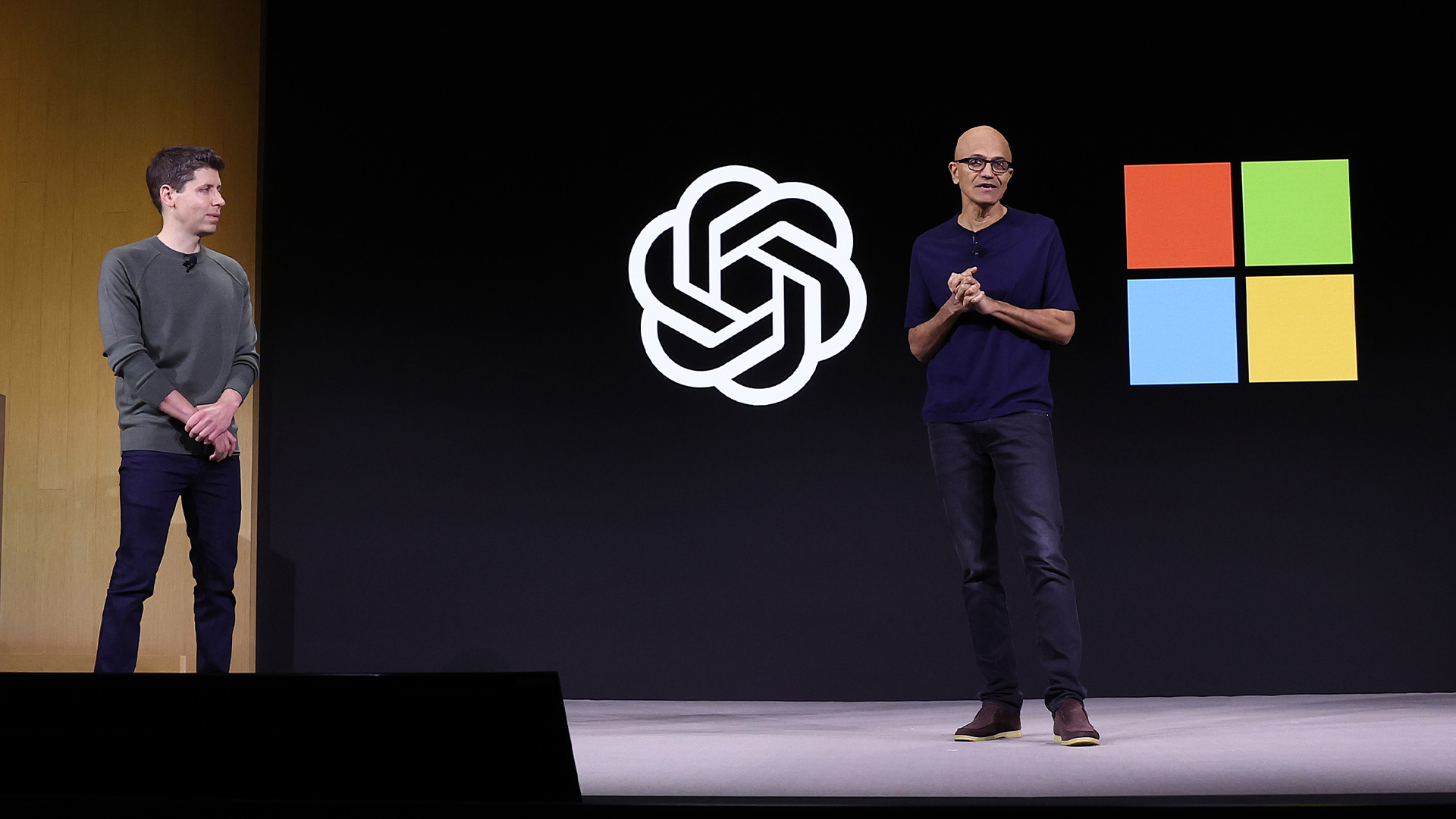 Is the honeymoon period over for Microsoft and OpenAI? Strained relations and deals with competitors spell trouble for the partnership that transformed the AI industry
Is the honeymoon period over for Microsoft and OpenAI? Strained relations and deals with competitors spell trouble for the partnership that transformed the AI industryAnalysis Microsoft and OpenAI are slowly drifting apart as both forge closer ties with respective rivals and reevaluate their long-running partnership.
